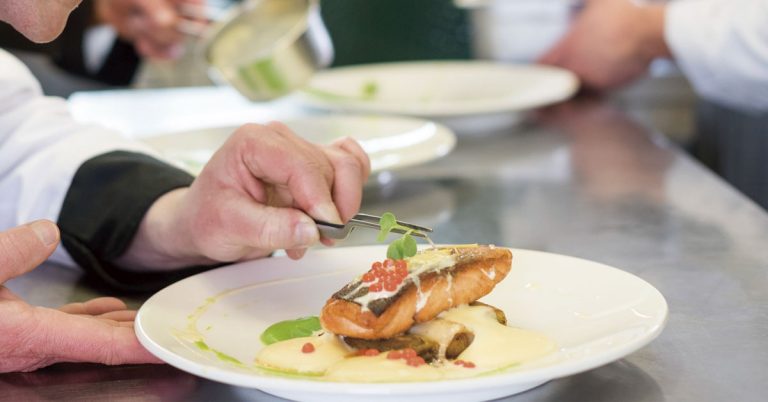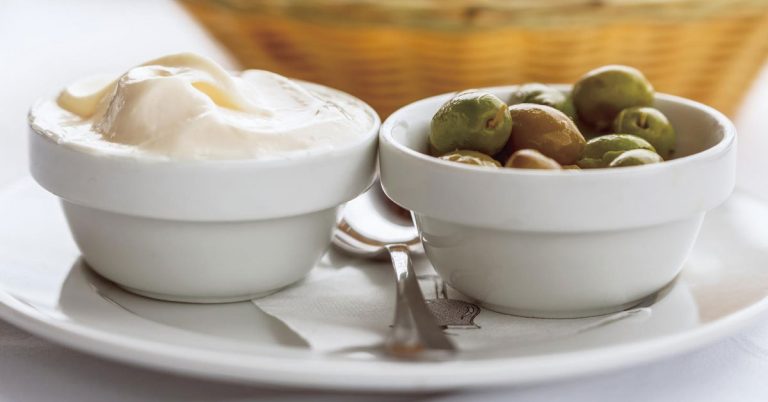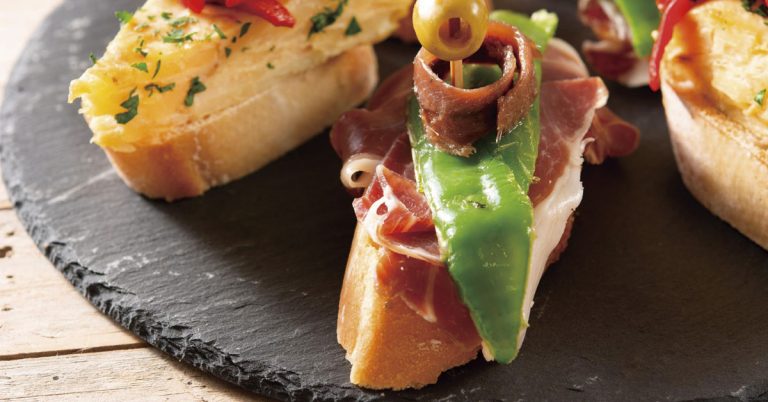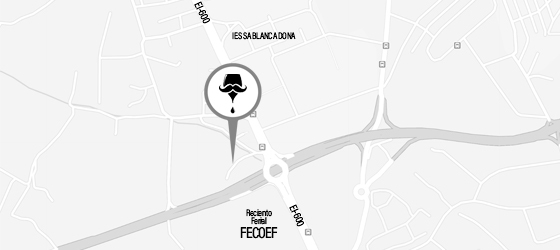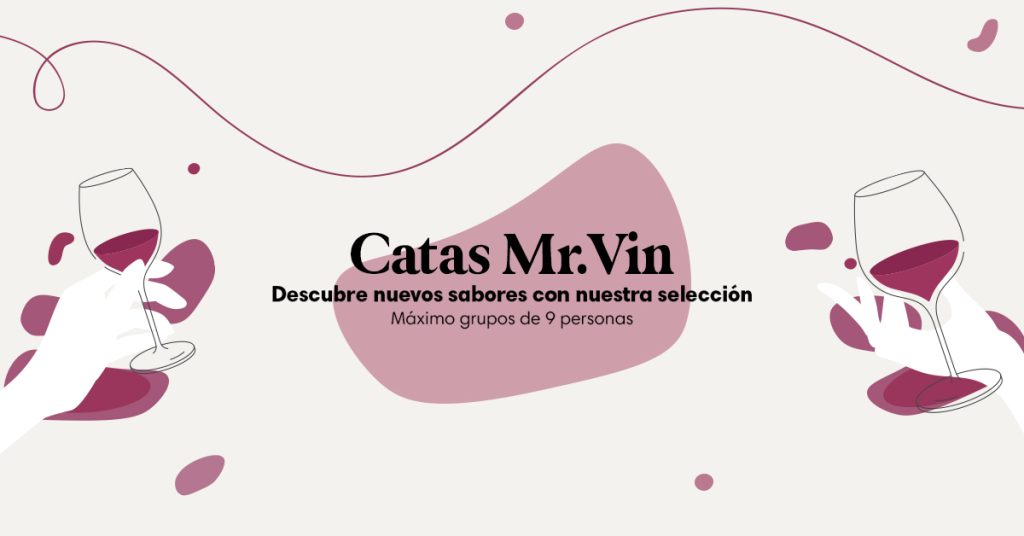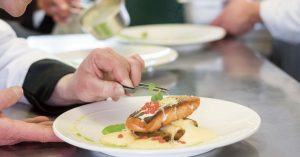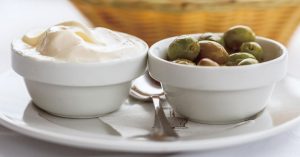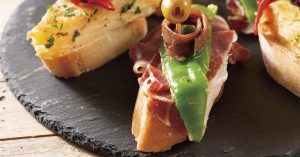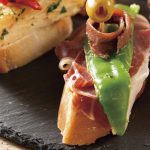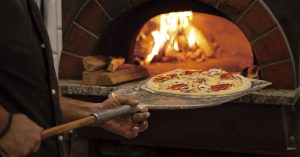Wine culture has gained popularity in recent years, and one of the most fascinating ways to delve into this world is through wine tasting: it offers a diversity of aromas, flavours and textures that deserve to be fully appreciated.
Wine tastings are organised events where wine lovers can explore and learn about different varieties, wine regions and tasting techniques.
Discover everything you need to live this experience to the fullest!
The wine tasting process
Wine tastings follow a specific structure that will help you to properly appreciate and evaluate each wine.
Visual observation
The first step is to visually examine the wine.
Colour, intensity, brightness and viscosity are assessed. In addition, nuances and reflections can be observed that can provide clues to the age and style of the wine.
This stage helps to awaken the senses and to create expectations about what is to be experienced. Sound interesting?
Olfactory analysis
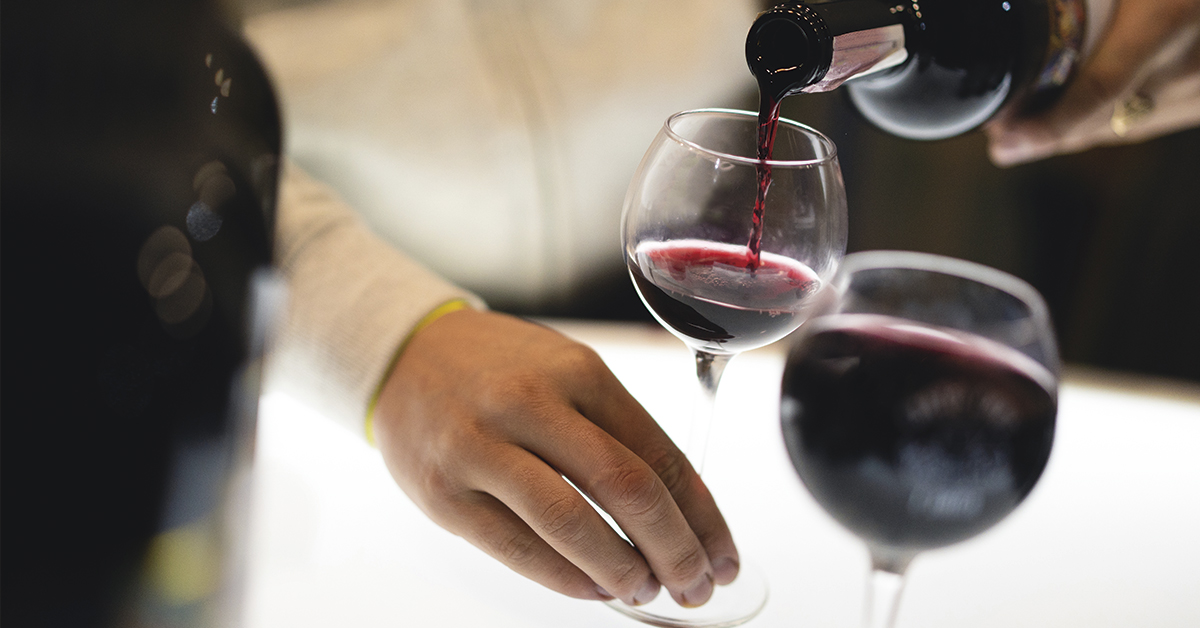
Olfactory analysis involves smelling the wine to capture the aromas and assess their intensity and complexity.
Different notes can be perceived, such as fruit, spices, flowers or wood (depending on the wine).
Aroma can reveal a lot about the quality and character of the wine. It is important to take the time to explore and describe the aromas you detect.
Taste evaluation
At this stage, the actual tasting takes place; a small amount of wine is taken in the mouth and a swirling movement is made so that the wine comes into contact with all the taste buds.
This is where the taste, structure and balance of the wine are evaluated.
During the taste evaluation, different characteristics can be identified, such as acidity, sweetness, tannins, body and persistence.
Each wine has its own unique taste profile, and the fun is precisely to discuss these differences and nuances among the different participants.
Notes and ratings during wine tastings
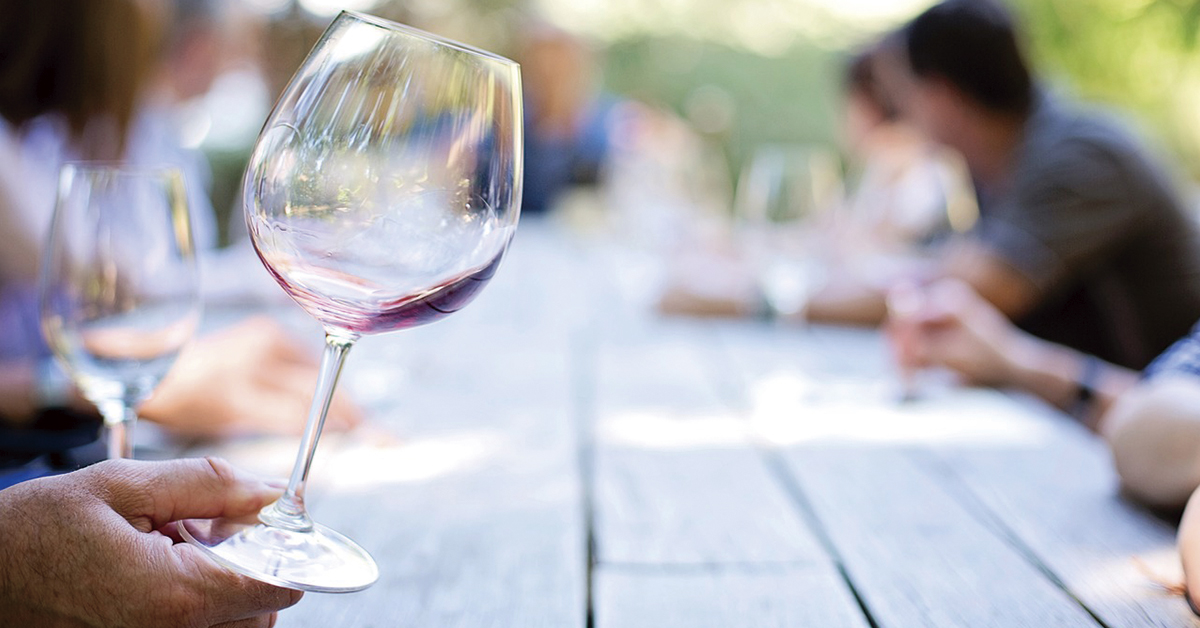
Image by Jill Wellington atPixabay
After the taste evaluation, it is important to take notes and rate each wine. This helps to remember characteristics and personal preferences, as well as to compare all the wines tasted.
You can use a tasting sheet or simply write down your observations in a notebook. It is advisable to use a scoring system for each aspect evaluated, such as aroma, taste, body and finish.
At the end of the tasting, you will have a clearer idea of your preferences, and you will have discovered new wines that suit your taste.
You are already an expert!
The role of the sommelier
He or she is a wine expert with in-depth knowledge of different varieties, wine regions, production techniques and pairings.
In short: he or she is responsible for guiding participants through the tasting process, providing information about each wine and answering any questions that may arise.
Their experience and sensory skills allow them to enrich your experience, helping you to better appreciate and understand the wines you are tasting. The sommelier can provide valuable information about the characteristics and context of each wine, creating an educational and enriching environment.
Don’t hesitate to ask him/her anything you need!
Our new wine tasting service in Ibiza
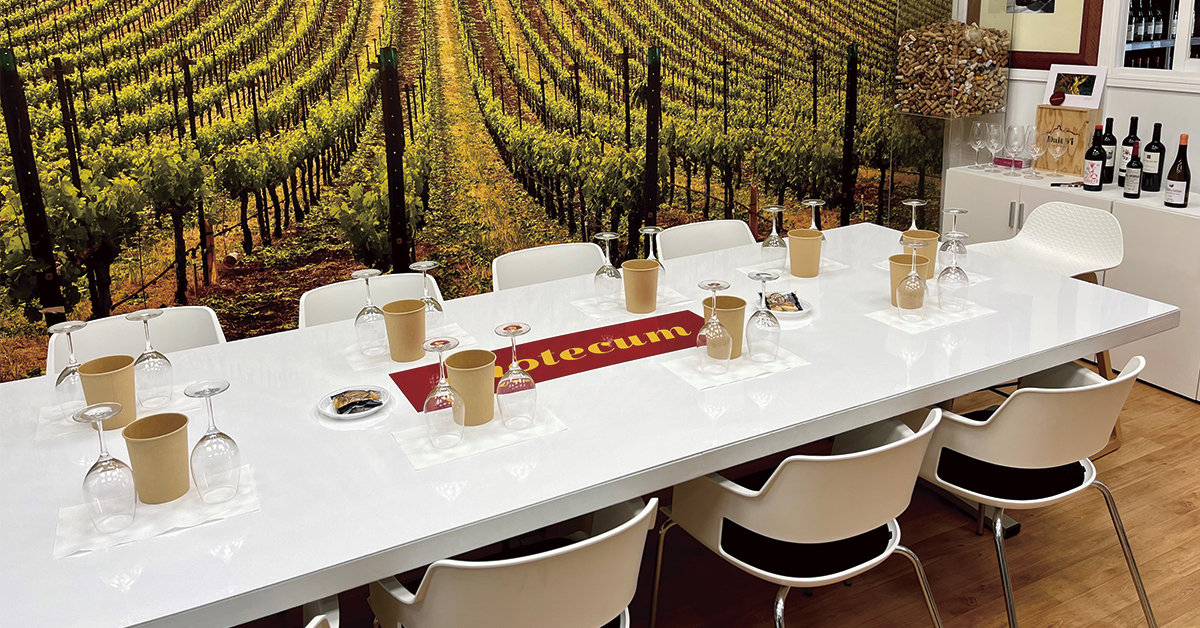
Would you like to try this experience?
Then you should not miss the different options we have for you:
- Evolutionary Tasting: A journey that starts with a young wine and takes you to the Gran Reserva.
- Varietal Tasting: Perfect for tasting different grape varieties of both red and white wine.
- Personalised Tasting: If you are clear about your preferences, create your own selection and share it with your friends.
In all cases, the wines are paired with products from El Paladar and La manzana de Eva, and take place in Enotecum’s specialised tasting room in Ibiza.
We’ll be waiting for you!
